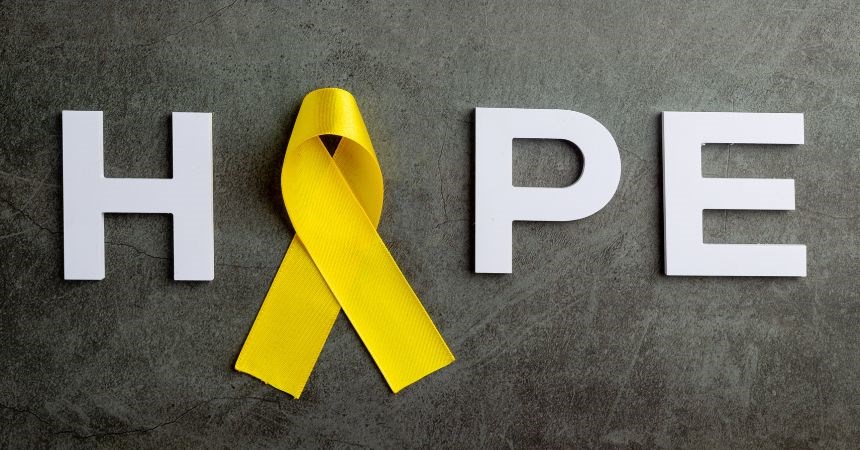Suicide prevention begins with recognizing the warning signs and taking them seriously. Watch for these indicators that a loved one may be struggling with their mental health and/or contemplating suicide.
Suicide Warning Signs
- Increased use of drugs and alcohol
- Acting recklessly
- Giving away their possessions
- Increase in aggression
- Sleeping too much or too little
- Calling to say goodbye
- A sudden change from being happy to being sad
- A sudden change from being sad to being happy (this is often overlooked, but sometimes a sudden improvement in mood is because they've made the decision that their suffering is going to end.)
- Increased irritability, rage, or anxiousness
- Comments about feeling trapped, depressed, or like they're a burden to others
- Comments about suicide
What can you do to help?
If you recognize any of the signs or are worried about a friend or loved one, ask them if they are OK and if they are contemplating suicide. It might make you uncomfortable, but no one is ever going to be mad at you for asking them how they are doing.
There's a documentary about people who have jumped off the Golden Gate Bridge and survived. All 25 survivors said that as soon as they jumped, they wished they hadn't. They just wanted someone to have that conversation with them.
Asking someone about suicide sounds hard, but it's so easy to do. "Hey, I've noticed something going on with you. Are you OK? Are you thinking about suicide?"
For some reason, there is a stigma around asking people directly about suicide. People think it will give them ideas, but research has proven over and over that's not true. If someone is considering suicide, being asked about it is often a relief. It helps them to not feel so crazy and alone. All of a sudden you are joining with them and that's very powerful when we're trying to keep people alive.
If someone does tell you they've been considering suicide, listen non-judgmentally, tell them you are there for them, ask what you can do to help, and connect them to a professional. If they've gotten to the point in the conversation where they are telling you they have a plan, notify law enforcement and don't leave them alone.


